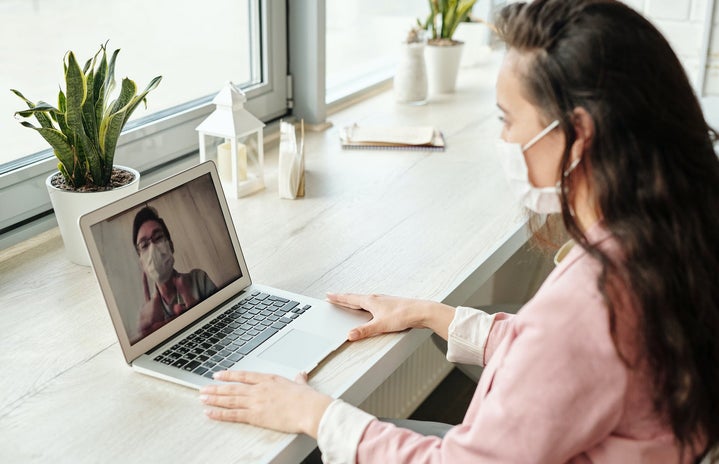The coronavirus is reshaping the way people live and has dramatically impacted all types of businesses. For example, from those that are local to others that non-profits, the virus has had an effect. During trying times like these, the need to help others who are struggling cannot be forgotten. In particular, lower socioeconomic classes need assistance more than they did before the pandemic began. This article details three different ways that individuals can help those during these unseen times.
- Remote Volunteer Opportunities
-
This past month I volunteered as a remote research intern for Pionero Philanthropy. This non-profit organization raises awareness for grassroots organizations in Guatemala. It also acts as a bridge for donors so that they can provide resources to improve communities and their livelihoods throughout the country. Pionero is reshaping how people discover smaller non-profits in Guatemala by mapping and making these smaller causes known. I have been able to immerse myself in their mission to help other small non-profits combat injustices like poverty, hunger, and, of course, the coronavirus. Without donors, many non-profits are unable to function or retain productivity properly. Throughout the pandemic, people have generally had fewer expendable funds, which is preventing many from growing.
- Health is Wealth
-
During the pandemic, many have lost their jobs and may not have the same means they once had to buy food and other necessary items. As of this month, according to the Bureau of Labor Statistics, “the unemployment rate declined to 7.9 percent” (BLS). Although it is beginning to decline, an effect of the rate being so high is that lower-income households must opt for less healthy food alternatives, which are statistically more affordable. It is striking to think that in today´s market and prices, vegetables are now considered a luxury. A potential solution is to create a community garden that would allow people to plant and take fruits/vegetables as needed while also fostering a positive attitude for others to do their part.
How to bring your community garden to Fruition:
– Garner attention/support
– Check your town/city’s ordinances to pick a location
– Institute a membership system - Shop Different
-
It is not surprising that small businesses, which account for 44% of the U.S. economy, have been the hardest affected (Office of Advocacy). Although a second stimulus package may stymie the pandemic’s negative consequences, the current political discord makes it seem that it is unlikely to be approved in the near future. Individuals, however, can play a vital role in rebuilding these small businesses by shopping locally. Small Business Administration loans (SBA) can provide short-term aid, such as giving credit lines and refinancing debt. Yet, in the long run, consumers will ultimately decide whether these small businesses will sustain themselves.
People should also be cognizant of their potential “fear-over-buying” of cleaning supplies, toilet paper, soap, etc. as they expect a second wave of the virus. If over-purchasing grows, this may go beyond manufacturers’ abilities to supply goods/services, causing prices to jump and, ultimately, inflation. The pandemic greatly invokes the well-known African proverb, “If you want to go fast, go alone. If you want to go far, go together.”
These ideas may sound cliché, but everyone needs to take responsibility. Whether one chooses to help make a difference on a global scale, in their communities, or individually, it is important to remember what each contribution means to the greater societal well-being. I personally have realized how crucial it is for everyone to work in solidarity.



